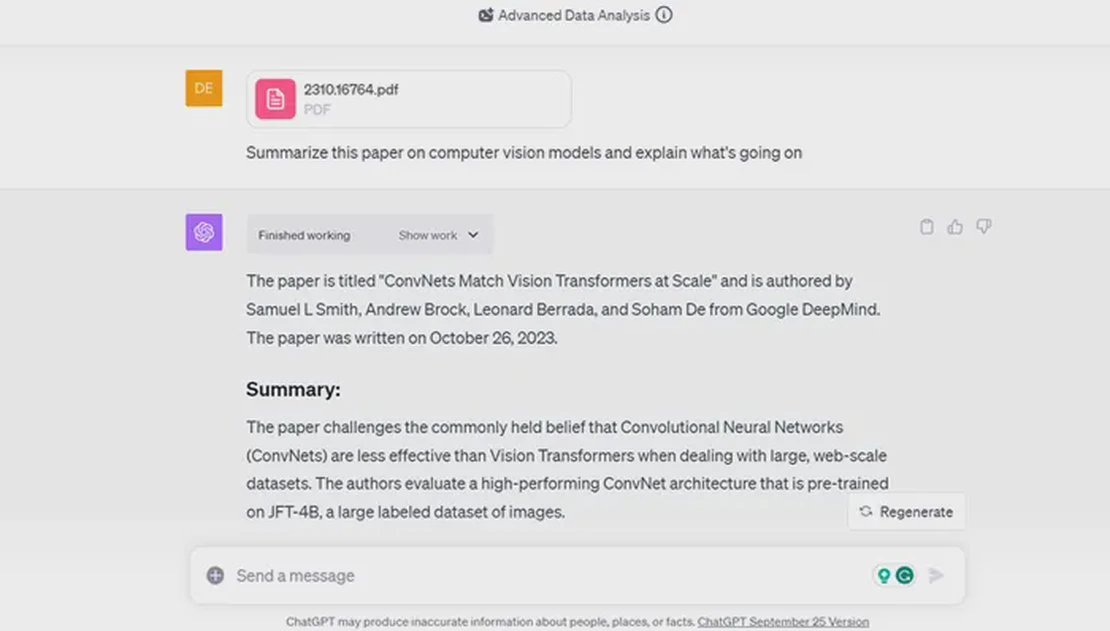Tutorial

Introduction
Advanced language models like ChatGPT undoubtedly have impressive capabilities when it comes to generating human-like text and answering questions. However, it is important to understand that these models only possess general knowledge and do not have access to context-specific information. Additionally, they are often based on older knowledge, which means they may not have the most up-to-date information.

Introduction
Advanced language models like ChatGPT undoubtedly possess impressive capabilities in generating human-like text and answering questions. However, it’s crucial to understand that these models rely on general knowledge and lack access to context-specific information. Furthermore, they often operate on older knowledge bases, meaning they may not have access to the latest information.

Das Problem: 75% der Unternehmen verbieten die Nutzung von ChatGPT
Trotz der anfänglichen Begeisterung für generative KI-Tools wie ChatGPT ziehen Unternehmen aufgrund wachsender Datenschutz- und Cybersicherheitsbedenken in Erwägung, deren Verwendung einzuschränken. Die Sorge besteht vor allem darin, dass diese KI-Tools Nutzerdaten speichern und aus ihnen lernen, was potenziell zu unbeabsichtigten Datenlecks führen könnte. Obwohl OpenAI, der Entwickler von ChatGPT, eine Opt-out-Option für das Training mit Nutzerdaten bietet, bleibt die Frage, wie die Daten innerhalb des Systems gehandhabt werden, unklar. Zudem fehlen klare gesetzliche Regelungen zur Verantwortung bei durch KI verursachten Datenverletzungen. Unternehmen sind daher zunehmend vorsichtig und warten ab, wie sich die Technologie und ihre Regulierung weiterentwickeln.

The Problem: 75% of Companies Ban ChatGPT
Despite initial enthusiasm for generative AI tools like ChatGPT, companies are restricting their use due to growing data privacy and cybersecurity concerns. The primary worry is that these AI tools store and learn from user data, potentially leading to unintended data breaches. Although OpenAI, the developer of ChatGPT, offers an opt-out option for training with user data, the handling of data within the system remains unclear. Furthermore, clear legal regulations regarding responsibility for AI-caused data breaches are lacking. Consequently, companies are hesitant and waiting for the technology and its regulation to evolve.